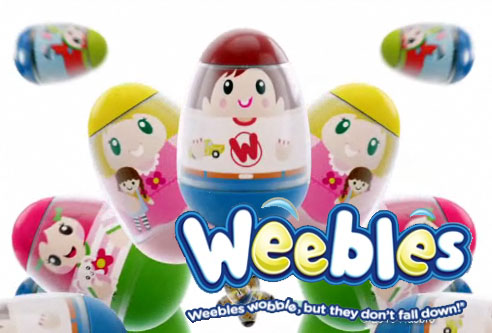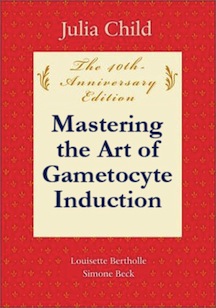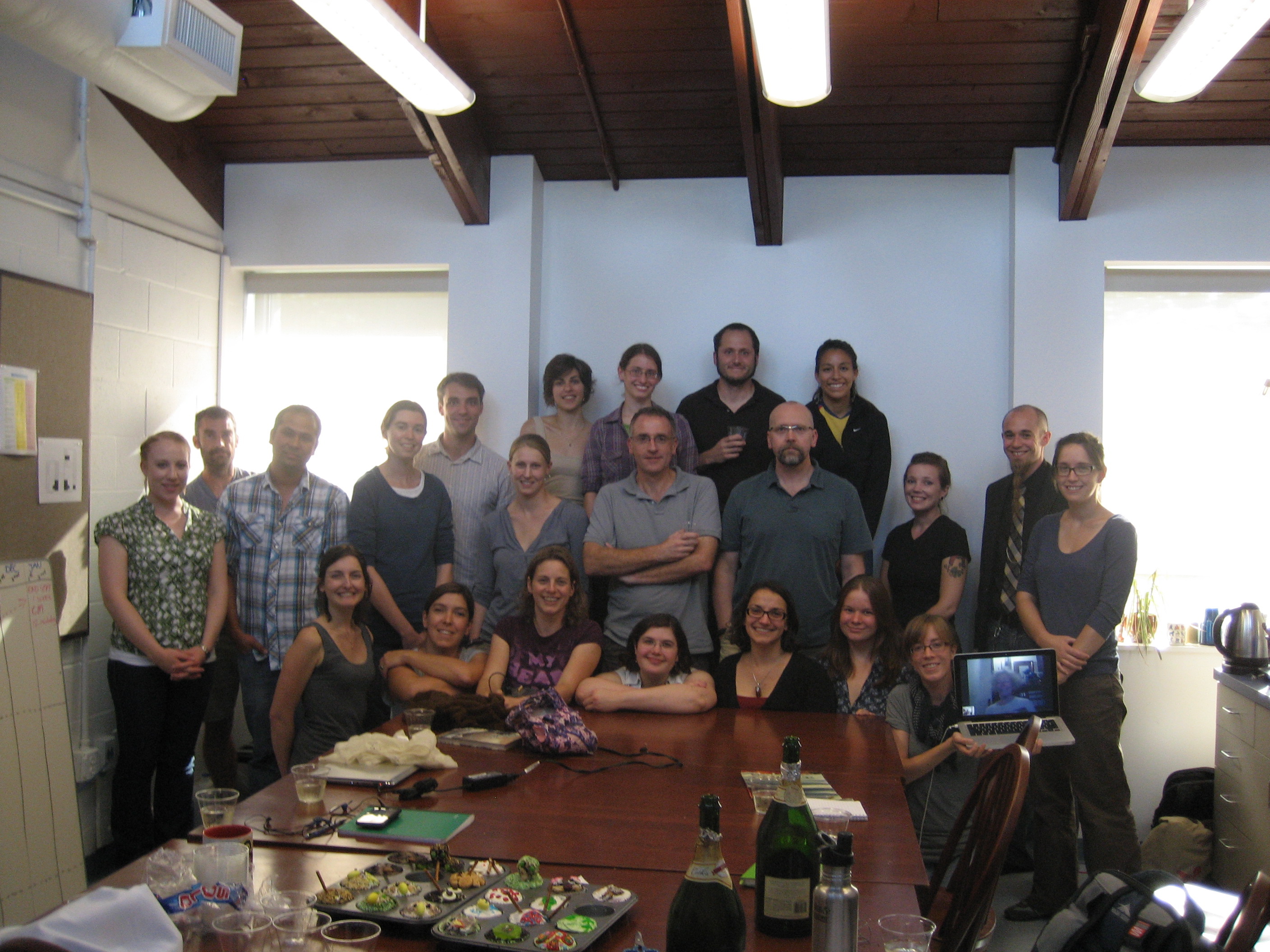Today marks the two month anniversary of my arrival in State College and the beginning of my postdoc in Matt and Andrew’s group. Not surprisingly, I’ve spent a lot of the past two months thinking about career transitions.
One thing I’ve come to realize is that moving to a new lab is a bit like being a Weeble. If you’re not familiar, a Weeble is an egg shaped toy with a weight in the bottom. When you push a Weeble, it swings around wildly until the heavy bottom brings it back to a stable and upright position. Likewise, when you transition between labs, some wobbling is to be expected but hopefully you too will eventually stabilize, thanks to your heavy bottom (or solid foundation, if you prefer).
Obviously career transitions are not unique to science, as most people switch jobs at some point in their lives. But in science, such changes are notably frequent and largely regarded as necessary. For example, I’ve worked in four labs thus far and my current position is, again, temporary. Even in a permanent position, turnover in a lab is so constant that you are still effectively changing labs every few years.
These transitions are so engrained in the scientific culture that staying on in a lab can be viewed as bad for your career. I’ve heard multiple times the advice that, when you do your postdoc, you should change at least two of three things: the institution, the study system, or the question. Presumably, the idea behind this advice is that broadening your experiences also broadens your thinking. Unfortunately, it also takes you out of a lab where you’ve spent a significant amount of time developing your skills and research projects, and sets you wobbling off into a new lab.
Likewise from the PI’s perspective, you put time and money into somebody only to send them away as soon as you start getting a return on your investment. As Mark Cohen wrote earlier this year in a letter to Science, “can you imagine a private-sector environment that demands of its best workers that they find jobs at other companies, rather than nurturing them towards the success of the business overall?” This observation makes me wonder if the frequent turnover in academic science plays a role in driving scientists out of universities and into the private sector.
All of this is not to say that I am unhappy in my new postdoc position. Despite the immediate cost to my productivity, I made the move because I anticipate a net positive in the longer term. However, I do think that it’s worth discussing the trade-off that comes with moving labs, and questioning whether the current emphasis on change really is best for many mentors and mentees, and for science in general.






